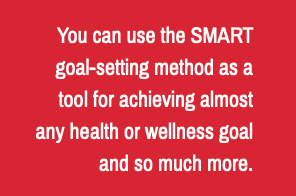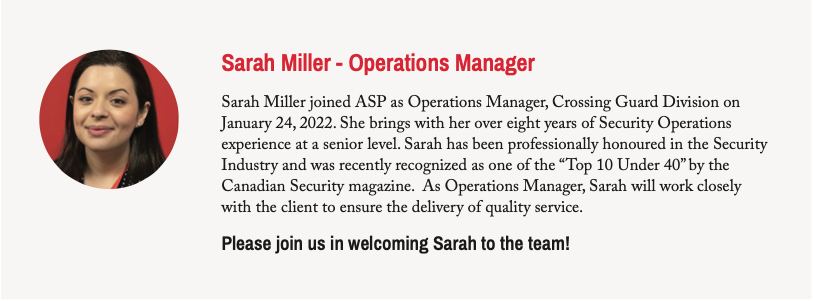By Sarah Jessop, HR Generalist

At ASP, we value and recognize the diverse religious beliefs of our employees. The world’s rich diversity is reflected in the observances that are celebrated and recognized by our ASP employees.
Knowledge of the following holidays and celebrations can enhance our workplace diversity and inclusion efforts. Throughout the months of January, February, and March a variety of religious holidays, festivals, observances, and spiritual commemorations took place. These events were celebrated and observed by many of us, so it is important that we recognize and respect each and every one of them.
We have compiled a list below of the many important religious events that took place throughout the last few months. We encourage you to review this list to learn more about some of the significant celebrations and observances that are meaningful to your colleagues and friends. Let’s celebrate diversity, together.
January 2022
- January 6 – Feast of the Epiphany: The day that commemorates the first manifestation of Jesus to the Gentiles for Christians. It is celebrated on January 6th as it marks 12 days after Christmas when the three kings arrived in Bethlehem.
- January 7 – Coptic Orthodox Christmas: The date that Orthodox Christians celebrate Jesus’s birth in the Julian calendar.
- January 10 – Bodhi Day: This day celebrates the Buddha’s enlightenment; it is celebrated by Mahãyãna Buddhists.
- January 14 – Orthodox New Year: The “Old New Year” celebrates the start of the Julian calendar.
- January 13 – Birthday of Guru Gobind Singh’s Birthday: The date used to celebrate the tenth Sikh Guru and spiritual master.
- January 16 – World Religion Day: A day in the Baha’i faith that celebrates common themes for faiths across the world.
February 2022
- February 1 – Imbolc: The halfway point between the winter solstice and spring equinox in the Pagan and Wiccan calendars. This day celebrates fire, light, and the return of life.
- February 2 – Candlemas:
A holiday in the Christian church that blesses the candle supply for that year. - February 15 – Parinirvana: Also known as Nirvana Day in Mahãyãna Buddhism, this date marks Buddha’s death and attainment of final nirvana.
- February 17 – Tu Bishvat:
The “New Year of Trees” in the Jewish faith. - February 25 – Festival of Ayyam-i-Ha: A multiple-day festival in the Baha’i faith that prioritizes gift-giving, hospitality, charity, and preparation for fasting ahead of the New Year.
March 2022
- March 1 – Maha Shiravatri:
A Hindu festival called “Shiva’s night” which honors this significant deity. - March 1 – Lailat al Miraj: A Muslim holiday commemorating Muhammad’s journey from Mecca to Jerusalem where he ascended into heaven.
- March 3 – Ash Wednesday:
The day in the Christian Church that marks the start of Lent, the 40-day period of prayer and fasting before Easter. - March 17 – Purium: The Feast of Lots in the Jewish faith that honors the survival of ancient Persian Jews who were marked for death.
- March 17 to March 18 – Holi: A Hindu festival of colors that welcomes spring and a new harvest in India.
- March 18 to March 20 – Hola Mohalla: The 3-day Sikh festival honoring valor, skill, and defense preparedness.
- March 19 – Feast Day of St. Joseph: A day that commemorates the husband of Jesus’s mother Mary and surrogate father on Earth.
- March 20 – Ostara: The celebration of the spring equinox in the Pagan and Wiccan religions.
- March 21 – Naw Ruz: The New Year for the Baha’i faith, marking the end of the Baha’i fast.
- March 25 – The Annunciation: The day in the Christian religion when the Angel Gabriel announced that Mary would become the mother of Jesus.


















